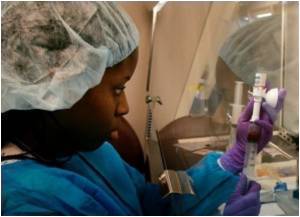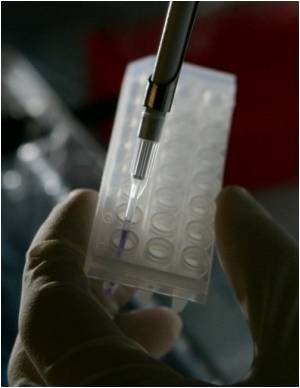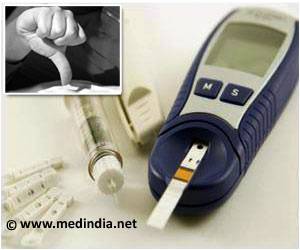A microRNA molecule that acts as a surprisingly crucial player in managing cell survival and growth has been discovered by University of California, San Diego School of Medicine researchers.

Autophagy is a fundamental process used by cells to degrade unnecessary components in times of starvation, releasing energy stores that help promote cell survival. Cells have further adapted autophagy for other purposes as well, including recycling dysfunctional components, immune response to pathogen invasion, surveillance against cancer and maintenance of protein and organelle control in the central nervous system. MTORC1 is a critical protein complex that regulates energy consumption and growth in cells.
"The ability of let-7 alone to activate autophagy in this way was totally unknown and is very surprising," said La Spada. "As let-7 is known to be a tumor suppressor, its ability to activate autophagy could be a major component of its anti-tumor forming activity," though La Spada noted that autophagy may also contrarily promote tumor progression by supporting the altered metabolism of growing cancers.
With let-7 revealed to be a master regulator of metabolism, helping to modulate anabolic growth (the creation of new molecules in cells) with catabolic destruction (the breakdown of molecules in cells), researchers say the overall picture of how cells function becomes more fine-tuned but also more complicated.
"The fact that let-7 is opposing the action of the amino acid sensing pathway provides a glimpse into the complex pathway regulation at work in the cell, with microRNAs emerging as important factors for cells to maintain metabolic set points and overall homeostasis or a healthy equilibrium."
The therapeutic potential of let-7 remains to be explored. La Spada said he and colleagues have shown that a lentivirus encoding let-7 injected into mouse neurons promotes the autophagic turnover of toxic misfolded proteins associated with neurodegenerative disease.
Advertisement
Advertisement









